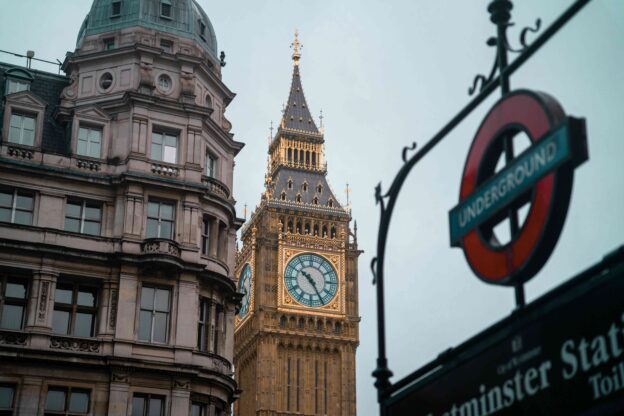The Chancellor’s first Mansion House Speech, has made it clear that pensions reform is the first item on the Treasury’s agenda for financial services policy and regulation. Following an autumn budget that caused some business leaders to question the government’s pro-growth agenda, Rachel Reeves’ speech emphasised the important role that pensions reform will play in delivering long-term economic growth.
As expected, Reeves reiterated her intent to pool Local Government Pension Scheme (LGPS) assets into a handful of megafunds. This proposal has been set out in the Pension Investment Review: interim report. The report, published by the Treasury and the Department for Work and Pensions, sets out the initial findings for ‘phase one’ of the government’s review. A consultation on this measure has also been launched alongside the report, offering stakeholders the opportunity to share views on new requirements for pooling and the governance of funds.
The government has also launched a separate consultation on a proposal to set a minimum size limit on Defined Contribution (DC) scheme default funds in the private sector. The government believes that this measure will encourage consolidation and allow savers to be moved more easily from underperforming pension schemes to schemes that deliver higher returns.
The government’s vision for the pooling of schemes has been welcomed by industry trade bodies, given the returns it could generate for savers and the scope it could create for pension funds to invest in longer-term assets. It is no secret that the Chancellor is keen for the UK to mirror the Australian system, where there is greater investment in infrastructure assets.
However, the government will still need to assuage stakeholder concerns about these proposals, given the disruption it could bring to the pensions market. The government will need to balance its own policy goals with market realities. If the government requires a significant portion of pension funds to be invested in the UK, how will industry stakeholders be impacted, given some will view the maximising of returns as their primary objective, rather than investment in British assets?
The government will also need to address concerns around the timeline for implementation. Given the pensions review is still in progress, there remains an opportunity for stakeholders to engage with the government to ensure that proposed policy changes support economic growth, and that the implementation process provides the industry with sufficient time to adjust to the new regime.
The government has announced that the final report of its pensions review will be published in Spring 2025 and that the Pensions Schemes Bill will also be introduced to Parliament shortly afterwards. By this stage, the government will need to have set out a roadmap for its reforms. It will also need to address how, if at all, to mandate the consolidation of the LGPS, and funds in the DC market, and whether new rules will be introduced to regulate pension scheme selection advice and investment consultancy.
These questions highlight the complexity of the task that the Chancellor faces. Despite these challenges, pensions reform remains at the heart of the government’s most important mission – delivering economic growth. The Chancellor’s speech and the newly launched consultations set out further details on the government’s vision for reform. The industry will now have the chance to scrutinise those plans and share its view on how to minimise implementation risks and maximise opportunities for growth.
GK Strategy is a political and regulatory consultancy firm supporting management teams and investors to understand and navigate complex policy changes.
We’d be delighted to share our perspectives on what the government’s pensions reforms could mean for you and how you can engage with policy debates. Please contact joshua@gkstrategy.com if you would like to discuss the reforms with the GK team.






